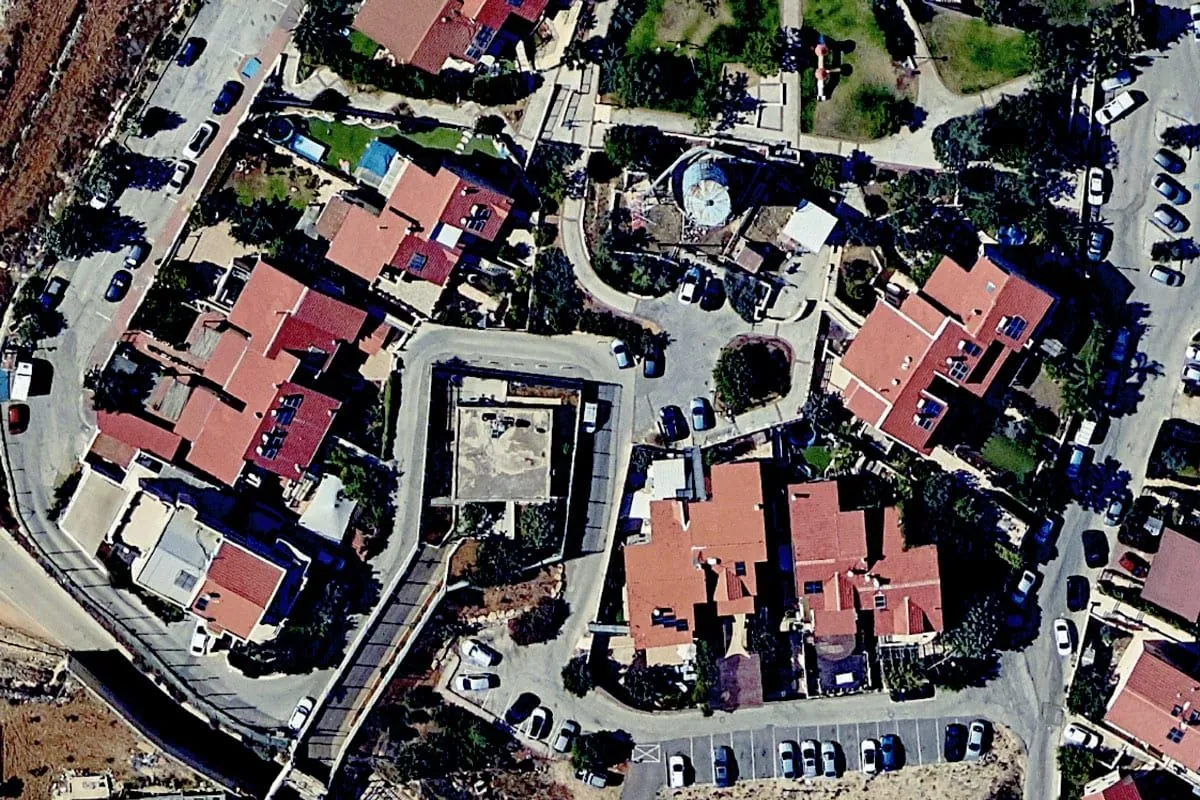ICJ Declares Israeli Occupation Illegal: Implications and Reactions
The International Court of Justice has ruled Israel's occupation of Palestinian territories illegal, calling for settler withdrawal. The decision may impact international relations but faces challenges in implementation.

In July 2024, the International Court of Justice (ICJ) issued a landmark advisory opinion, declaring Israel's ongoing occupation of Palestinian territories illegal under international law. The ruling, which addresses the West Bank, East Jerusalem, and the Gaza Strip, collectively known as the Occupied Palestinian Territory (OPT), calls for the immediate and complete withdrawal of Israeli settlers from these areas.
The 83-page opinion came in response to a December 2022 United Nations General Assembly resolution. This marks the second time the ICJ has addressed the Israeli-Palestinian conflict, following a 2004 ruling on Israel's separation barrier.
Key points of the ICJ opinion include:
- Reaffirmation of the OPT's occupied status since 1967
- Declaration of Israeli settler transfers as a violation of the Fourth Geneva Convention
- Identification of natural resource diversion and Palestinian displacement as illegal acts
- Recognition of systematic discrimination against Palestinians
The court noted that by 2023, nearly 700,000 settlers resided in the West Bank and East Jerusalem, a significant increase from approximately 520,000 in 2012. In the first half of 2023 alone, Israel advanced 12,855 new settler housing units in the West Bank.

The ICJ ruling emphasizes Israel's obligations as an occupying power under various international treaties, including the Fourth Geneva Convention and the International Convention on the Elimination of All Forms of Racial Discrimination (CERD). It also calls for reparations to Palestinians affected by Israel's actions, including property restitution and allowing the return of those displaced since 1967.
While the opinion is non-binding, it carries significant legal and diplomatic weight. It may lead to increased international pressure on Israel through targeted sanctions, embargoes on goods produced in the OPT, and diplomatic actions. Some countries, including Ireland, Norway, and Spain, have already recognized the state of Palestine since October 2023.
Reactions to the ruling have been mixed:
"This is a watershed moment for Palestine, for justice, and for international law."
Conversely, Israeli Prime Minister Benjamin Netanyahu condemned the ruling as "mendacious," while Israeli Finance Minister Bezalel Smotrich suggested formally annexing the West Bank.
The United States, Israel's primary ally, issued an ambivalent statement acknowledging that Israel's settlement support is inconsistent with international law while criticizing the breadth of the court's opinion.
The ICJ ruling represents a shift away from the Oslo Accords paradigm, which relied on U.S.-mediated bilateral negotiations for achieving Palestinian statehood. However, it does not address the Nakba of 1948, when over 700,000 Palestinians were displaced from their ancestral lands.
While the immediate impact on the ongoing conflict in Gaza may be limited, the ruling provides a basis for potential policy changes. Future administrations could consider conditioning U.S. support for Israel on compliance with international law, potentially pausing arms shipments or allowing U.N. Security Council enforcement resolutions.
As the situation evolves, the international community will be watching closely to see how this ruling shapes the future of Israeli-Palestinian relations and the broader geopolitical landscape in the Middle East.


































